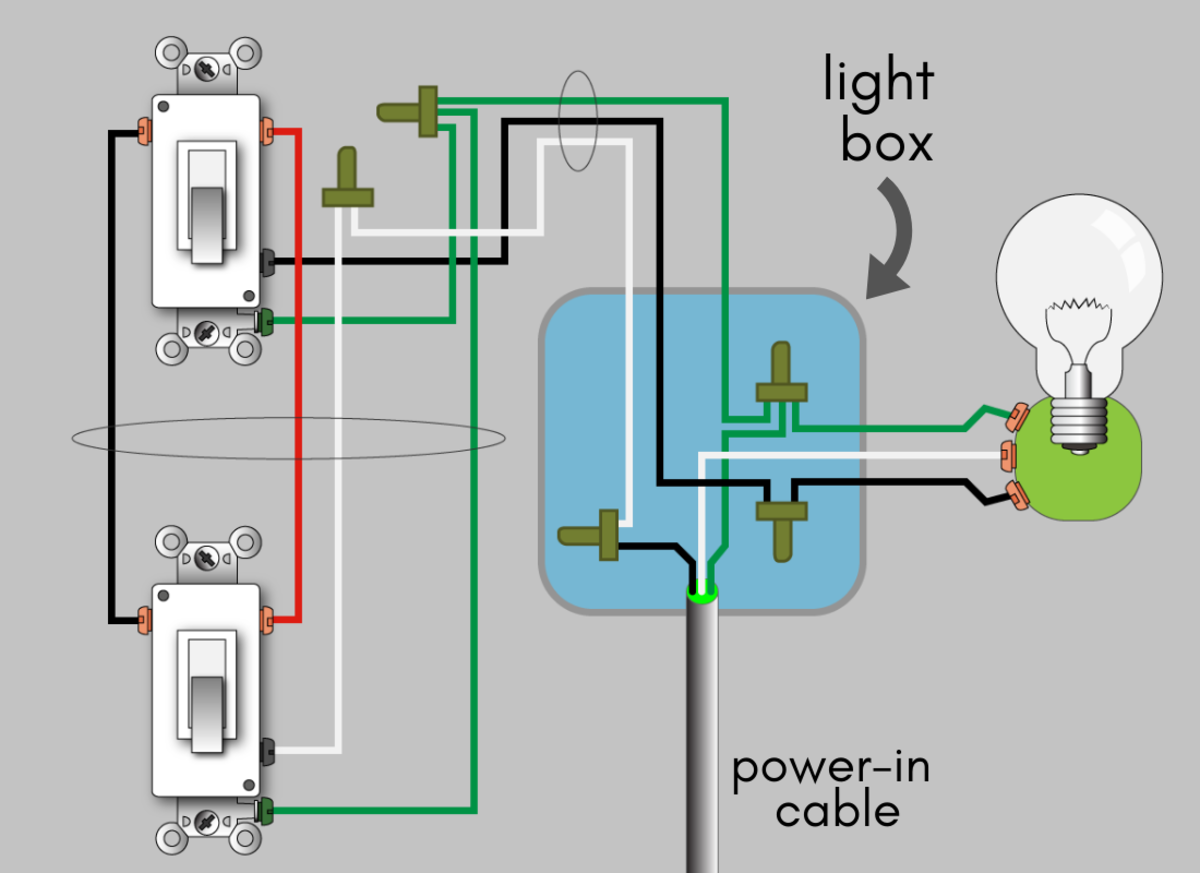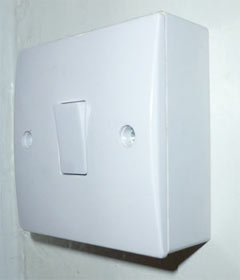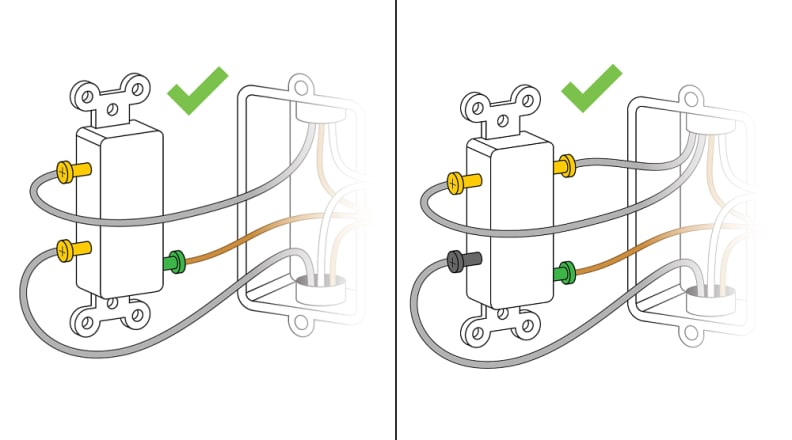The term pole refers to the number of circuits that are controlled by a switch meaning that a single pole switch controls one circuit and a double pole switch controls two circuits through the flipping of one toggle switch. The main difference between a single pole switch and a double pole switch is related to the number of terminals they have and the number of circuits they control.
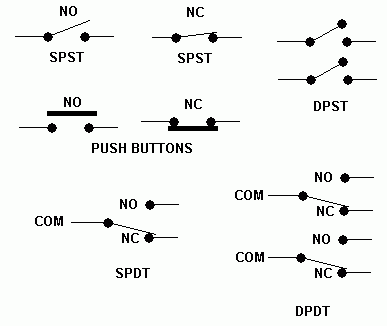
Switches
Difference between single pole and double pole light switch. Autoplay when autoplay is enabled a suggested video will automatically play next. A single pole switch or breaker thermostat fuse block etc switches one hot leg of power while a double pole switches two hot a standard light switch is single pole. It is commonly used in onoff applications such as switches for light. There is definitely a difference between single pole light switches and 3 way light switches. A double pole switch is referred as a double pole single throw switch. The most common household switch a single pole has two terminals and simply turns power on or off.
Single pole switch is referred as a single pole single throw switch. This terminology applies to toggle switches rocker switches and push button switches. Two for incoming hots and two for outgoing hots. It is a switch that provides a secure connection or disconnection over two terminals. We dive into the differences and help give you a better understanding of the two. A three way switch has three terminals.
A double pole switch is what you need to control a 240 volt device because 240 volt circuits have two hot wires. These control a light from two or three switch locations such as at the top and bottom of a stairwell at either end of a hallway or in a large room with multiple entrances. A switch is said to be open when there is no current flow between two terminals and is closed when the current flows from one terminal to the other. A four way has four. It has four terminals. The difference between a single and double pole switch is that the latter controls two circuits at the same time.
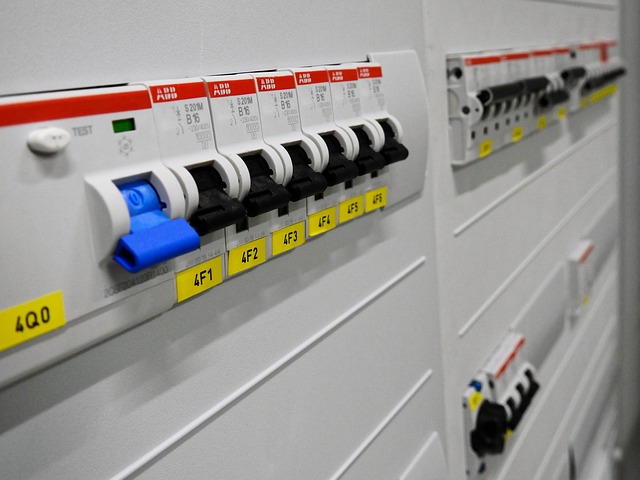


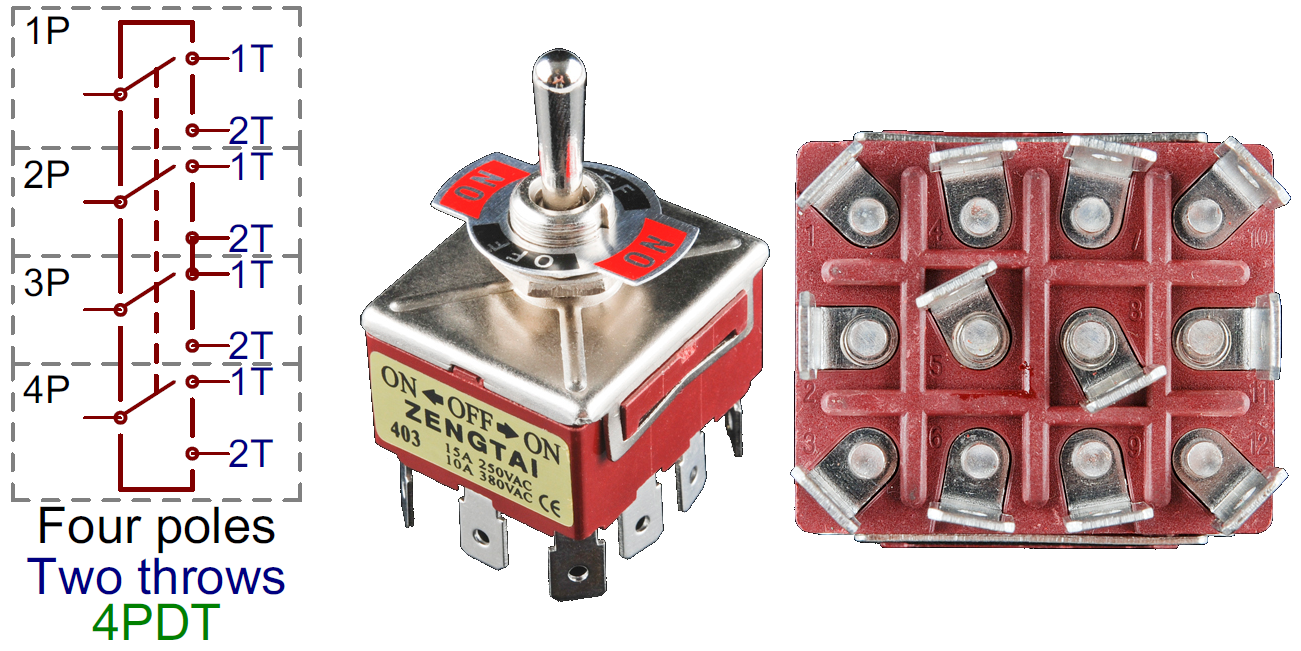

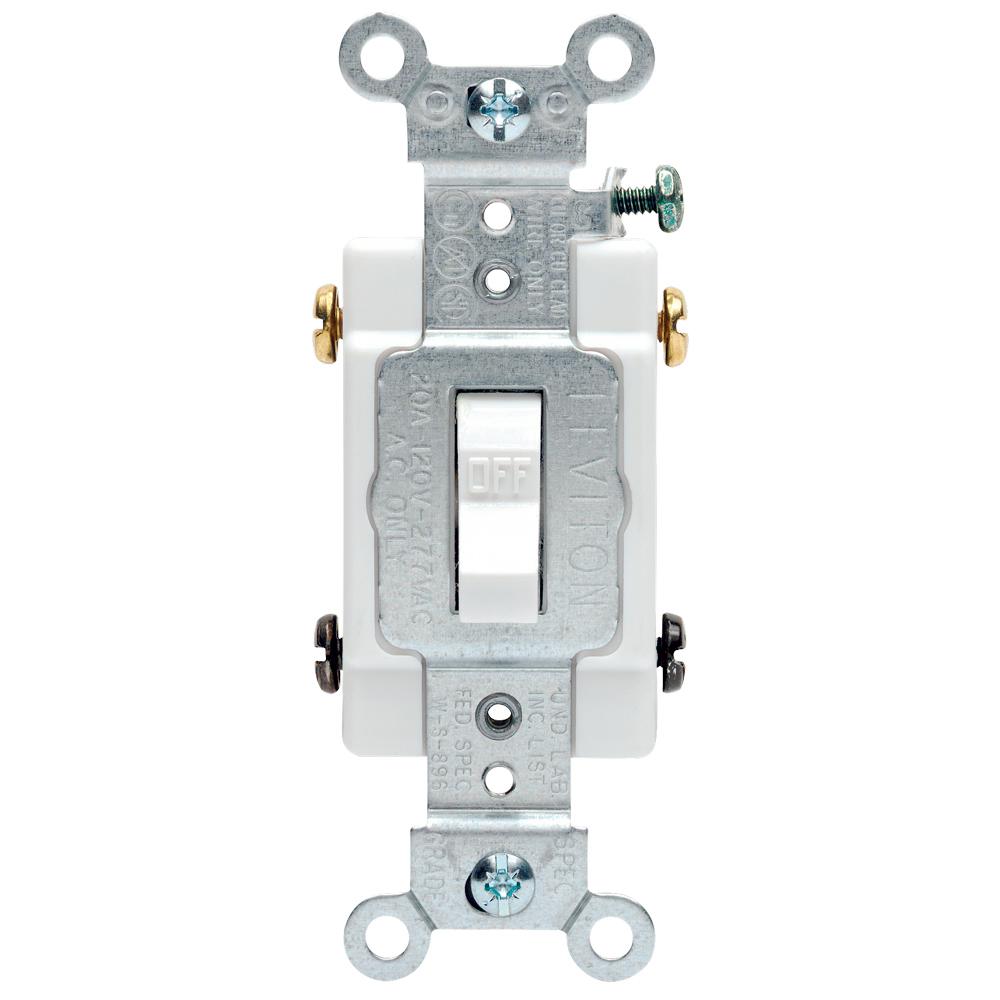

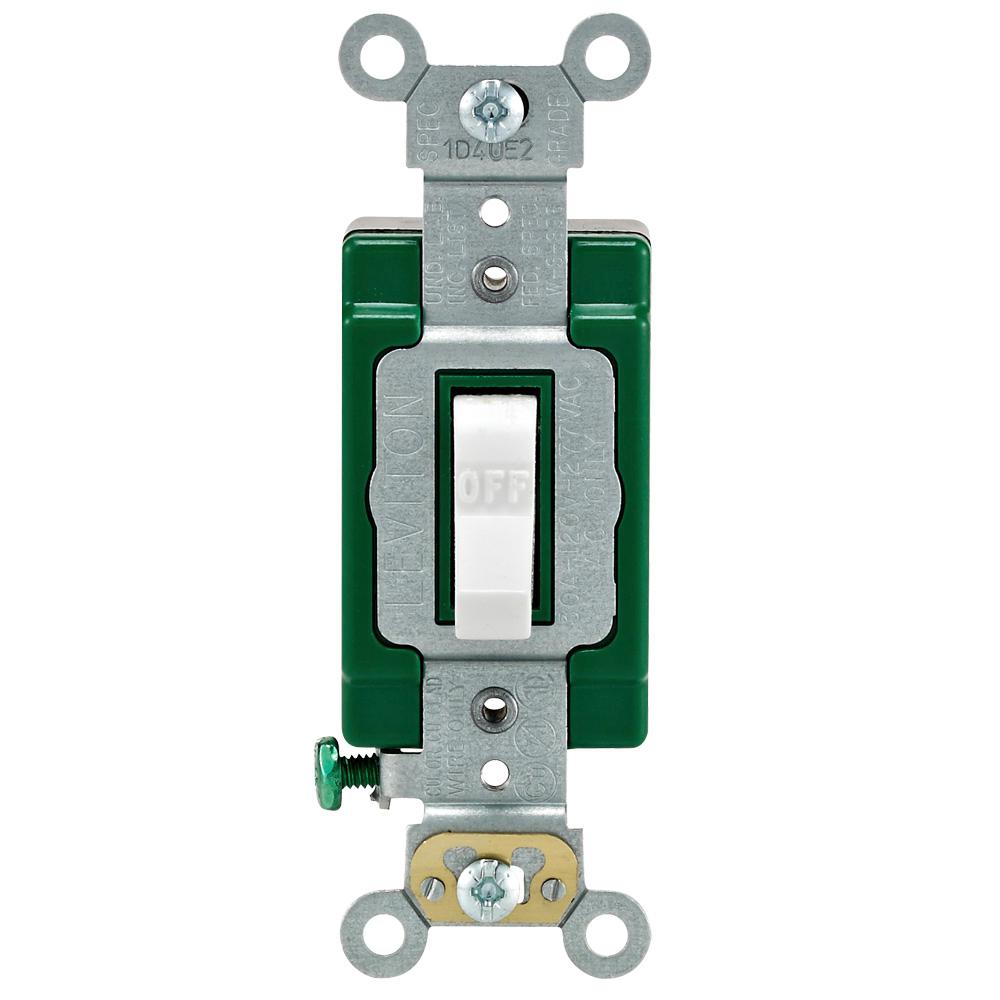
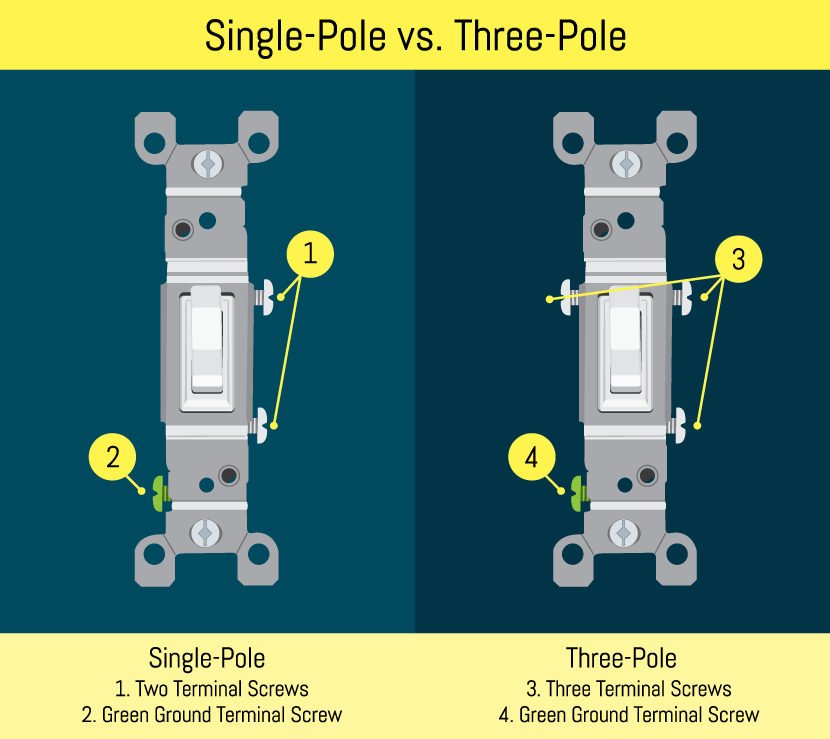

:max_bytes(150000):strip_icc()/single-5c1c0f0646e0fb0001503ace.jpg)


